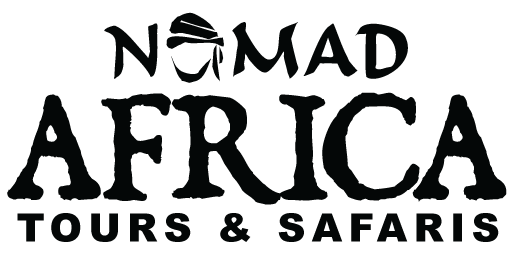Meals on Tour
Included on your tour are three meals a day (unless otherwise specified in your tour dossier). We are able to cater for specific dietary requirements to a degree, however please keep in mind that you are traveling with a group and the guides generally prepare meals on two gas burners so it may not always be possible for them to prepare regular, gluten intolerant, lactose intolerant and vegetarian meals all at the same time.
If you are vegan, the guides will provide you with salads, vegetables, fruits, rice, beans, pasta, cereals and breads however their budget and time does not allow them to shop for quinoa, seeds, nuts, tofu, soy milk and other protein substitutes. Please keep this in mind when going to the supermarket so that you can supplement these foods for yourself, it will be at your own expense, the guides will however store it for you in their fridge.
Please also discuss your dietary requirements with your guides and let them know if you’re not getting the correct food as everyone has different requirements and levels of intolerance. Our guides can produce miracles on a camp-stove however in today’s environment there are more of our guests who have specific requirements when it comes to their dietary concerns so please do help us with this where possible. In East Africa it is more difficult to cater to certain requirements as there is not always accessibility to a large variety of food types.
When traveling through Africa, the guides are briefed to shop at supermarkets as far as possible, as shopping at street vendors could be a health risk to the guests as there is no indication as to where or how the vendors grow, harvest and transport their produce. Guides have to be responsible and ensure that their produce comes from reliable sources and this can generally only be done by shopping at the supermarkets. The prevalence of street vendors also means that there is thieving from local farms who support the local industry, and this in turn means that the farms become unsustainable, leaving the community in a worse off position.
Breakfast:
As breakfast is served very early in the morning (if there is driving or activities to be done) it is a simple but filling breakfast: Tea and coffee, breads and spreads, cereals, yogurts, fruits and on occasion, when there is time for a later breakfast, guides will serve a hot breakfast of scrambled eggs, porridge, bacon or beans.
Lunch:
Lunch is generally served at a picnic spot next to the road en route to a destination. As the guides only have approximately 45 minutes to get everyone off the truck, prepare lunch and then get everyone back on the truck again, lunches consist of sandwiches and salads (rice salad, pasta salad, tuna salad or green salad) which are quick and easy to prepare but which are quite filling. They do have meal plans which they should stick to, to ensure that there is variety on a day to day basis.
Dinner:
This is when the guides get time to prepare a delicious meal and they focus on a substantial protein, vegetable and carbohydrate dinner. We serve traditional cuisine consisting of braais (BBQ), potjie (stew), bobotie (mince), spaghetti and fish and chicken dishes.
All meals (on both accommodated and camping tours) that are included as per the dossier are prepared at the full service adventure truck. This is a unique adventure in itself where you get to dine under the stars with your new found friends and experience the real sights and sounds of Africa!
Most evenings are spent at camp talking about Africa. Your tour dossier will have details of where you will be each night and the prices of meals if we are spending an evening at leisure in a city or town.
After or during dinner, guides will do briefings, please use this opportunity to discuss things with them.
Standards of food in East Africa are not as high as they are in Southern Africa as there is much less time for preparation (the days on the road are longer in East Africa), food is a lot more expensive and there is not as much variety available.
